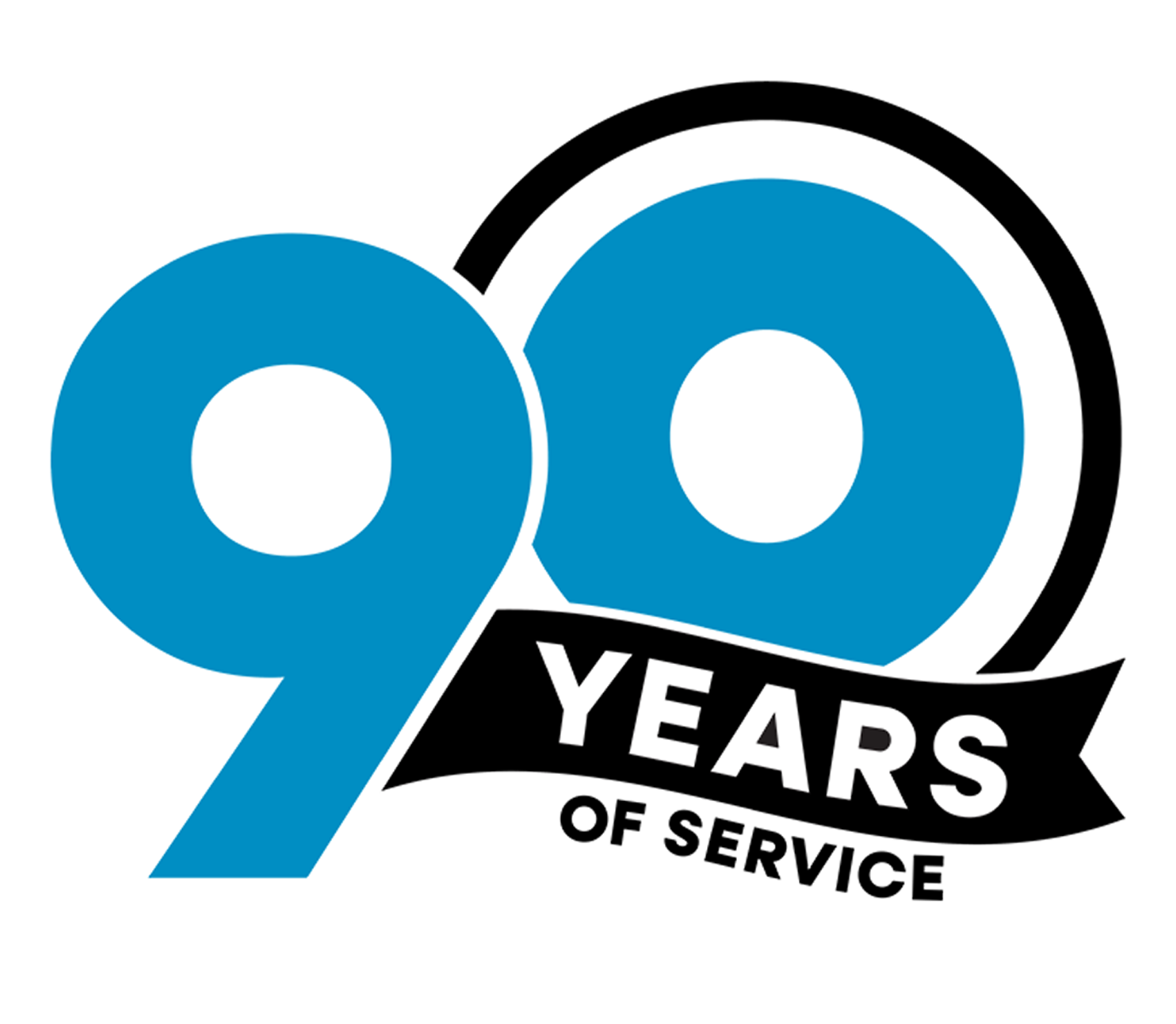Budgeting is an essential life skill, but it often comes with some negative associations that prevent us from making the effort. At Maps, we provide budgeting tools and advice to our members because we understand that effective budgeting is the key to tackling some of life’s biggest financial hurdles (like paying down debt, saving for a home, and planning for retirement). Recently, we did a little digging into which budget myths are most likely to get in the way of our members achieving their financial goals. Here are some of the most common budgeting hangups—and some valuable tips to help you overcome them and make the most of your money.
Myth #1: Budgeting is hard.
You don’t have to be an economist to be good at budgeting. You don’t even have to be good at math. Building a healthy budget is more about planning ahead than crunching numbers. And—when you do need to crunch those numbers—there are countless budgeting apps, calculators, and tools that can help you manage the task without tears. If you need guidance, check out our budgeting resources through GreenPath Financial Wellness. As a Maps member, you are entitled to free debt management services, financial counseling, credit report reviews, and student loan counseling. You can also get free foreclosure prevention services as well as homebuyer, renter, and reverse mortgage counseling.
Myth #2 There’s no point in budgeting when I’m already in a lot of debt.
Yup. We hear you. When you are facing a mountain of debt, it’s tough to know where to begin and it’s easy to get discouraged. The trouble is, paying down debt will never get easier until you start doing it. You don’t have to go cold turkey on spending, and you don’t need to kiss your entire income goodbye. The goal of budgeting is to maximize the efficiency of your income and to develop an actionable plan for managing your existing debts.
Myth #3 There’s no point in budgeting because I’m not in debt.
If you aren’t carrying a lot of debt, congratulations! It’s admirable to be debt-free, but that doesn’t mean you won’t benefit from building better personal accounting practices. Even though you are debt-free now, that doesn’t mean you’ll always be. Take this opportunity to build a nest egg (or emergency fund) and focus on your future savings and investment goals.
Myth #4 I have to get through the holidays (or my vacation) before I can start budgeting.
Whether it’s a birthday, holiday, reunion, vacation, or wedding, there will always be an event on your calendar that tempts you to delay budgeting. The trouble is, if you wait until those events pass, you may never get your budget on track. If you can, shift your focus away from throwing money at an event and find ways to make the moment feel meaningful in other ways.
Myth #5 Budgeting is restrictive.
The concept of budgeting doesn’t have to include deprivation. You can still go to the movies, take the family out for a meal, and meet your friends for happy hour—you just need to budget for those things. You may need to prioritize your desires (and occasionally say no to the most extravagant expenses), but you can still have fun while minimizing your spending. The goal is not to restrict fun and pleasure but to track where your money is going. Be thoughtful about what you spend and it will be easier to manage your money without focusing on deprivation and restriction.
Myth #6 Cutting out small purchases is the best way to save (a.k.a., the Latte Factor).
There’s been a lot of noise lately about the “Latte Factor”, a theory that comes from a bestselling book of the same title that claims most of us would be shocked to learn how much small amounts spent regularly (such as a daily cup of coffee) add up. The backbone of this budget myth is a simple concept designed to make us more aware of how much small purchases can add up. The trouble is, taken alone, it’s not enough. Sure, swapping your $5 per day coffee habit for one pound of at-home coffee per month can save you a lot (perhaps $100-$150 per month), but if you are not allocating that saved money for investments or paying down debts, it’s likely to get spent in other ways.
Myth #7 My family (or I) will feel deprived.
It is common for people to view budgeting as financial punishment, so it’s no surprise that we feel deprived when pinching pennies. If you are struggling to get your family members on board with living frugally, have a family meeting and discuss ways to make it a more positive experience for everyone. Make sure everyone knows where the family stands financially and give every family member the opportunity to speak their mind about the challenges and prospects ahead. Discuss the differences between wants and needs and set achievable goals together. Most importantly, get creative about “guilt-free” rewards you can enjoy as a family.
Myth #8 I can budget in my head.
Unless you are an extremely organized person with excellent math skills, it’s virtually impossible to create a successful budget without writing it down. Plus, there’s a difference between tracking your spending and setting a budget. When you are only tracking what goes in and out, you are only looking at your present and past behavior. To build a proper budget, you also need to set limits on future spending, so you are prepared for whatever comes your way. Set some goals, calculate your spending vs. income habits, and write it all down somewhere. It doesn’t have to be fancy. Whether you use a spreadsheet, a notebook, an online tool, or even a napkin, the goal is to get a clear picture of what is possible.
Myth #9 I don’t have the discipline to set a budget and keep it.
Yes, sticking to a budget can be difficult. So—as silly as it sounds—look for ways to make budgeting fun. If you think of it as a chore, it will always be hard to stay focused. To make it easier for yourself, set specific goals. If you are simply saving for the sake of saving, you may lose momentum. Also, like most things in life, budgeting takes practice. Stick to your plan but be flexible and adjust as necessary. If your budget method isn’t working well for you, ask a friend what method works for them or seek out budgeting apps to make the process easier.
Myth #10 I’ll be better equipped to budget when I am older.
Young adults often have a huge advantage when it comes to building wealth, but many of us squander it in favor of freer living. After all, when you are just starting out, it’s easy to believe you have plenty of time to save for the future. It’s also easy to believe that you’ll weather whatever financial storms come your way. The truth is emergencies can happen at any age and it’s hard to know how long you’ll have before debt or death comes knocking at your door.
The bottom line is, if you have money coming in, you should probably have a budget—even if you are lucky enough to be debt-free or have a job with a substantial income. Building a budget now can improve your financial future, wherever you are in life. It’s never too early (and it’s never too late) to start. As you set goals and create your budget, remember that you have the power to take control of your money and set yourself on a better financial path. All you need to do is take the first step.

